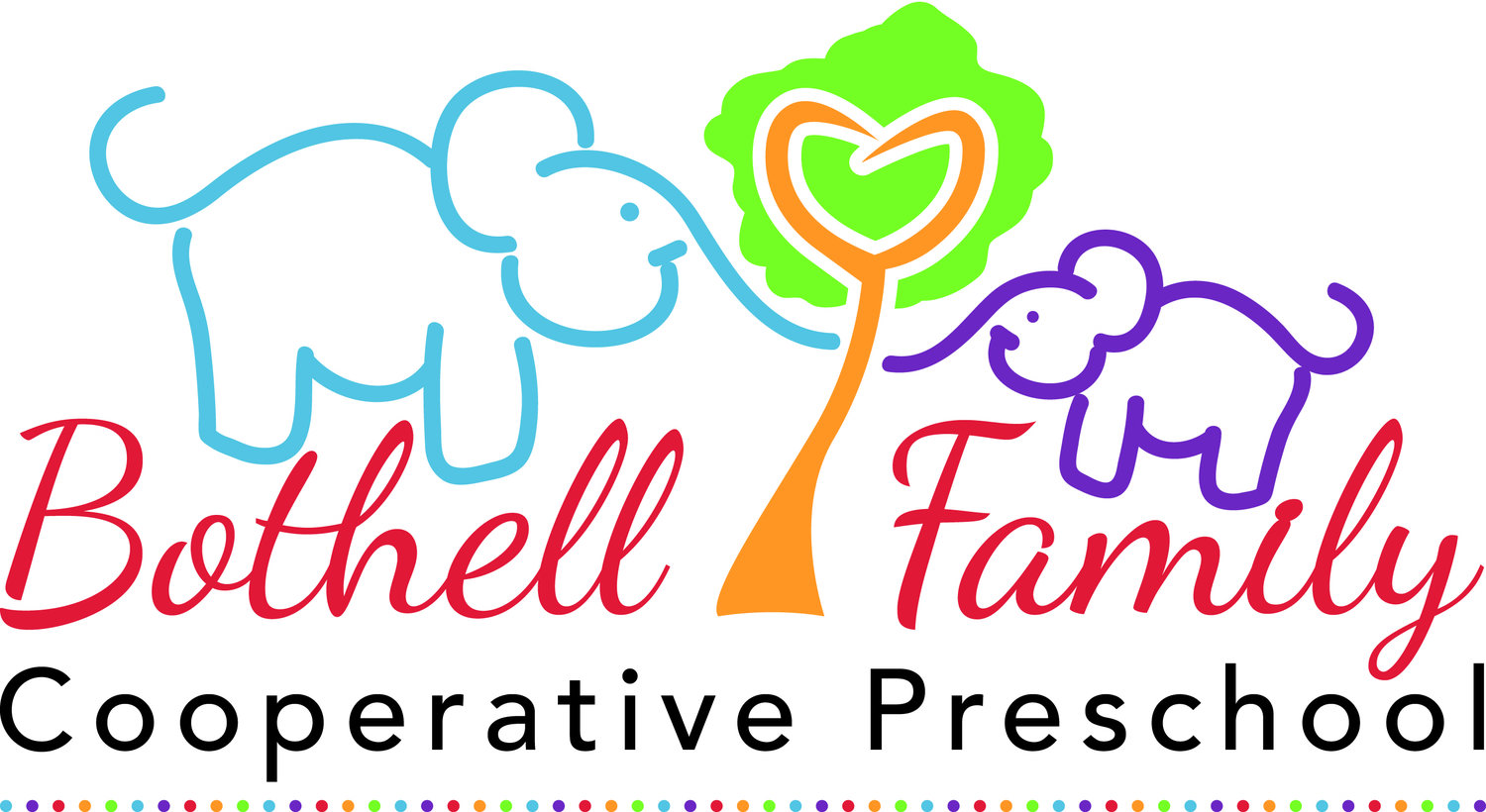by Julia H.
Today we bring you segment 175,996 out of our infinitely long series of discussions about getting through tricky times with kids (after all, getting through the easy times is easy!). This time, we asked real members of the BFCP community what they do when they need a few minutes to breathe, reconnect, and calm themselves in those moments when your coping skills and normal routine just aren't cutting it. Here's mine - when I just need a bit of a breather, I take a few minutes to floss and brush my teeth. It probably sounds a little crazy, but it makes a big difference that I can't talk while I am doing it, because that gives me time to stop and think when I might otherwise yell or say something hurtful. Here are some other strategies being employed by people right here in our school - thanks to everyone who contributed their coping strategies!
- "Occasionally I just put the kids in the bath in the middle of the day. It helps that my tub is bigger so it feels like a treat for them. But it keeps them contained for a bit."
- "Sometimes if I need a break I pack everyone up and take a little drive to a park, coffee stand or store that a bit farther away than usual. We can still chat or listen to music but I get to SIT which is NICE. Plus the kiddos are restrained in the nicest way possible. I also do the mid day bath time and it works like a charm."
- "Especially if it's early on the morning I'll call a reset. Everyone goes back in their bed and we all get a few minutes to chill. When I'm ready, I open doors and give a super cheery good morning. I don't know why it works but it does for us."
- "I was going crazy over the holidays with both [kids] home all day, every day and I found if I scheduled at least one activity outside of the house each day we all stayed a little bit more sane. Cabin fever is real!"
- "Making sure the kids get time outdoors to run and play seems to help us."
- "Sometimes just getting a simple task done - like taking the garbage out - is my way of taking a break. I also have a few activities that are a big treat for my kid but are truthfully my break time - playdough and a Rubbermaid sensory 'rice bin.' If I can’t take a break in that moment, planning when I will ask for/scheduling a break also helps me."
- "I call a 'Dance Party' and lean on my favorite new friend Alexa. The music cranks out some of our current favorite dance tunes (currently Flying Purple People Eater, Fight Song, We Built This City, and Cupig Shuffle ) The kids all jump up and start dancing together and I can either 1. join them and dance away my frustration, or 2. Step in the other room and take a few minutes to myself while they everyone is engaged and happy."
How do you deal with overwhelming moments? Send us an email and your tips may be included in a future Squeak!
